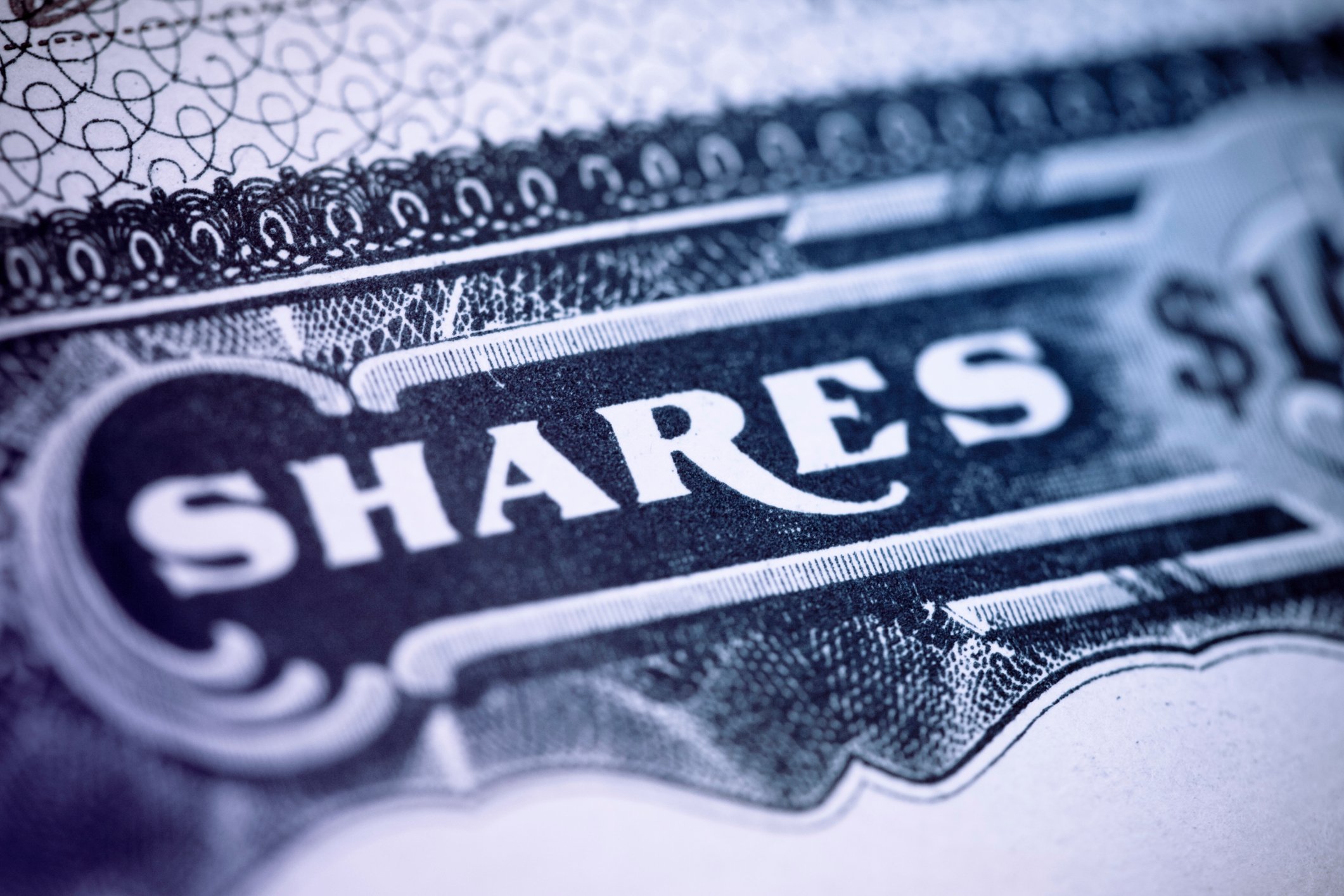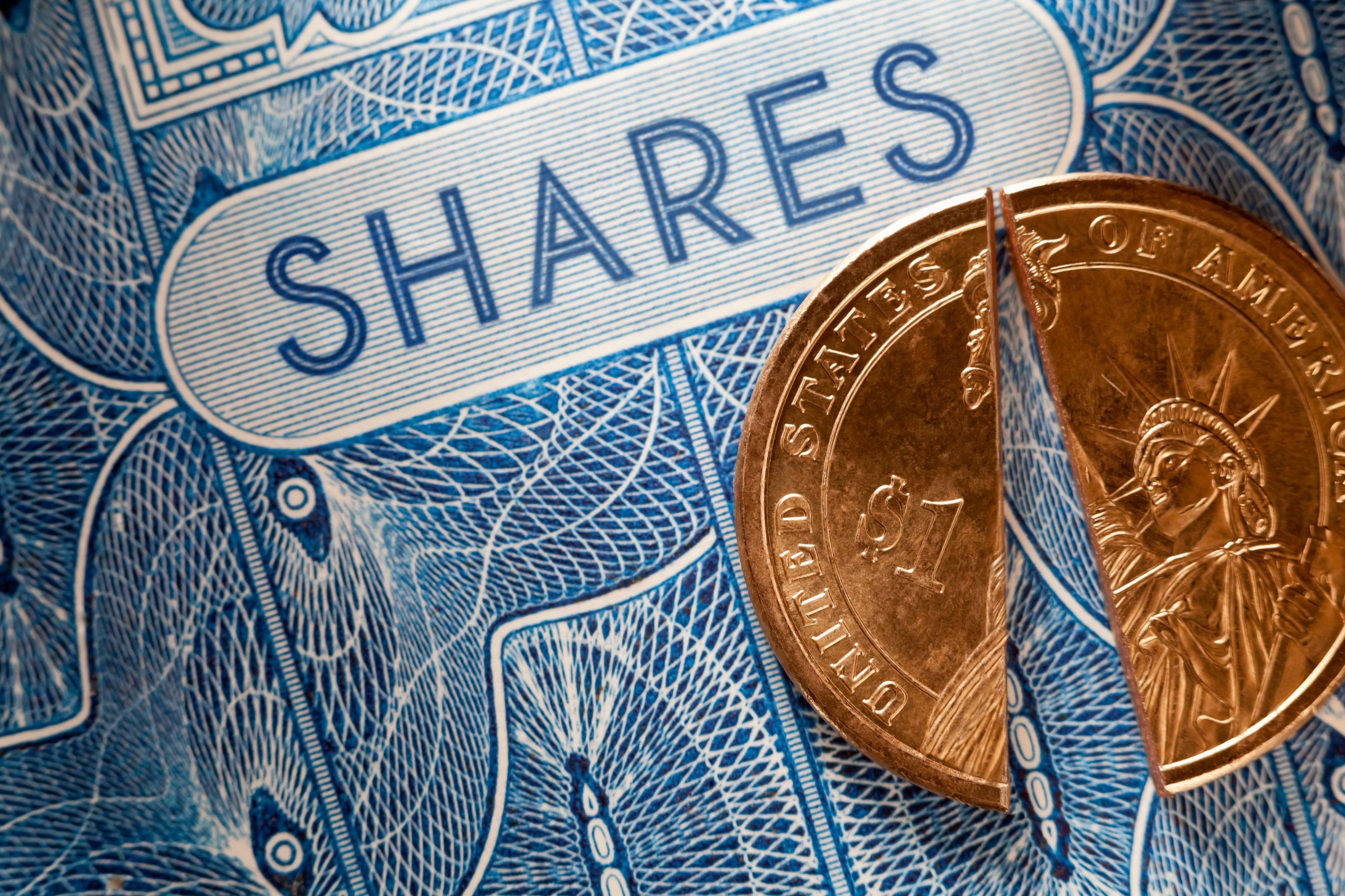Sirius XM Radio (SIRI +0.00%) may not have to fear the future.
A popular knock on the satellite radio provider is that its technology is transitory. Sure, it's an evolutionary step up from commercial-laden terrestrial radio, but can it survive the army of Bluetooth-savvy dashboards that integrate audio streaming apps with car stereo systems?
The news is surprisingly encouraging on that front.
In the final question of last week's earnings call, CFO David Frear was asked about the kind of impact that Pandora (P +0.00%) integration in newer model cars is having on conversion rates.
"We're prepared to compete," Frear said, pointing specifically to research that the company has done related mostly to buyers of Ford (F +1.13%) cars with SYNC, the on-board platform that allows drivers with smartphones to use the handset's connectivity to do everything from stream audio to perform rudimentary telematics. "Interestingly, there has not been any negative impact at all."
Now, Frear does warn that the first wave of drivers seeking out high-tech dashboards consists of early adopters who probably want the best of both worlds. They're sticking to their Sirius subscriptions as they experiment with other things.
"To date, there has been no adverse impact in our conversion rate on people who have a connected car that has an IP music service attached to it," he concludes.
In SYNC
Maybe I fit the profile. I've been a Sirius subscriber since 2004, and last year I bought a Ford car with SYNC.
It didn't dawn on me to get rid of satellite radio, even as I find myself leaning more on the updated Ford SYNC platform to stream off my phone. Driving out to a concert on Saturday night, firing up Spotify for the artist's playlist seemed like a better bet than taking a chance on Pandora's radio or Sirius XM's deep genre programming. When my wife and I debated whether a certain comedian was funny or not -- boom -- a quick search on YouTube brought up the audio of stand-up routines through my stereo.
It was crisp. It was clear. It was the content that we were seeking through the speakers that we wanted.
However, access to content in new ways doesn't take away from the times when I crave Sirius XM programming. With new technology, I may find myself relying on Sirius XM less as far as the time I spend on ear candy in my car, but there are content voids that only satellite radio will be able to successfully fill.
Data protection
Instead of things getting worse as the next wave of "smart" car buyers comes around, what if things get better?
After all, as an early adopter, my iPhone is still grandfathered into unlimited data at AT&T (T 0.45%). The more recent buyers of smartphones on AT&T or Verizon Wireless plans -- the two largest providers in the country -- face ticking tabs as they use their devices.
Do they really want to spend their data limits on streaming music through their radio? It's an important question, especially when they may need their phone for other things during the drive itself.
Only Sprint (S +0.00%) is still offering unlimited data to new smartphone buyers, but there's a reason Sprint is a distant third here. Despite offering compelling rates and an attractive smorgasbord of data, Sprint's reputation for coverage and connectivity is spotty. Satellite radio offers coast-to-coast coverage. Wireless carriers in general and Sprint in particular may have data interruptions along the way.
Numbers don't lie
There are now a record 23.4 million Sirius XM subscribers.
Think about that. There have been hundreds of millions of Android and iOS smartphones activated in recent years, and Sirius XM is still growing. It's been several years since many cars began adding audio input jacks for portable music players, and both Sirius and XM still continued to grow their numbers. Only the brunt of the recession -- during the first half of 2009 -- saw Sirius XM's overall subscriber count retreat.
Technology hasn't been the enemy. Satellite radio hasn't been transitory. The future doesn't have to be a scary place for investors.
Running of the bulls
With another solid quarter under Sirius' belt, and share buybacks likely in 2013, CEO Mel Karmazin appears to be ready to hand over the company in a few months while it's in its best shape ever.








